Meta's DSA compliance reached "90%" across 54 evaluated sub-articles
European lawmakers are putting Big Tech under the microscope
2 min. read
Published on
Read our disclosure page to find out how can you help MSPoweruser sustain the editorial team Read more
Key notes
- Meta reported 90% compliance with the EU’s Digital Services Act (DSA) across 54 sub-articles.
- The company flagged five areas needing adjustments, with two already resolved.
- The EU has been investigating Meta’s compliance, particularly regarding protections for minors on Facebook and Instagram.
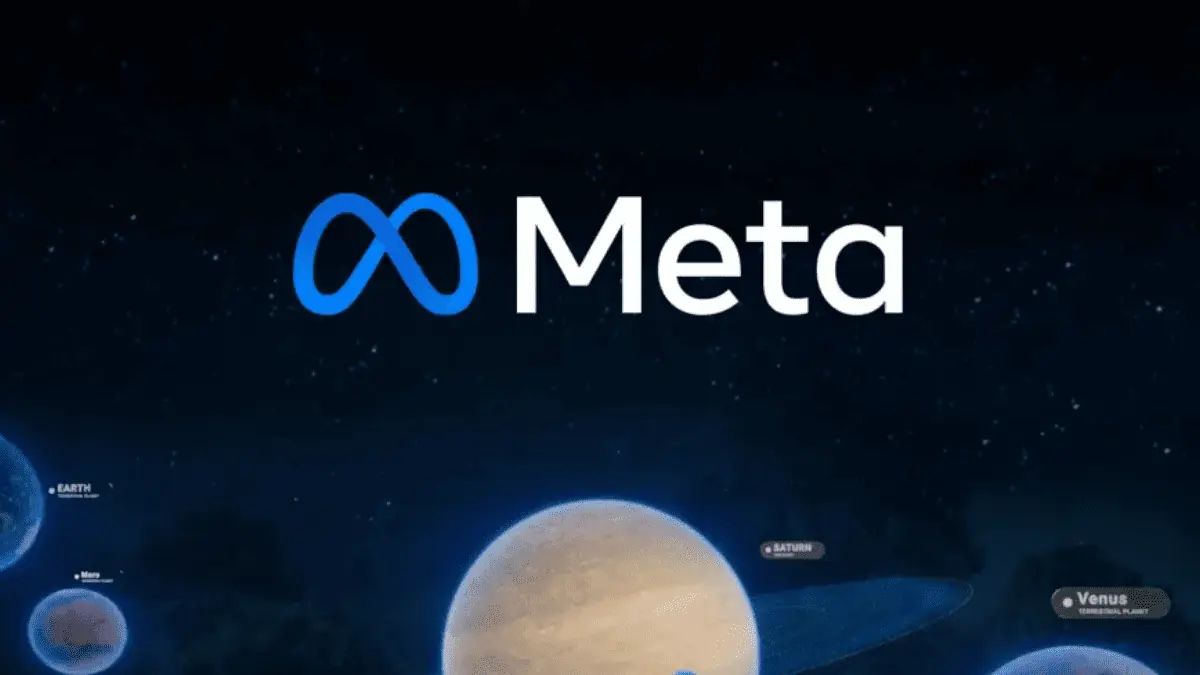
Meta published reports detailing its compliance with the EU’s Digital Services Act (DSA).
According to an independent audit published by Meta, the Facebook parent company has over 90% full compliance across 54 evaluated sub-articles, with no findings of complete non-compliance.
Meta flagged five areas needing adjustments, with two already resolved. In February, Meta added an option for Facebook Dating users to avoid seeing recommended content based on their activity, and in April, it addressed missing context in its Ad Library regarding ad removal.
“Since the European Union’s Digital Services Act (DSA) came into force, we have been working hard to adapt our long-standing safety and integrity systems and processes in the areas regulated by the DSA,” says Meta.
European lawmakers have been putting Big Tech under the microscope. Back in May, the Commission launched investigations into Meta’s DSA compliance, focusing on whether Facebook and Instagram protect minors effectively. The probes examined platform design that could exploit minors’ vulnerabilities, the adequacy of age-verification tools, and its privacy measures.
Adopted in 2022, the DSA regulations focus on user safety and accountability. It requires platforms to manage harmful content, protect minors, and improve transparency in their algorithms and advertising. At that time, it was submitted alongside the Digital Market Act (DMA), which, instead, put an emphasis on fair competition from large online platforms.
In other news, Google is now set to make a little tweak in its Search results for European users to comply with the DMA. It’s testing a simplified “blue link” format for hotel searches, returning to a basic style similar to Google’s early days.

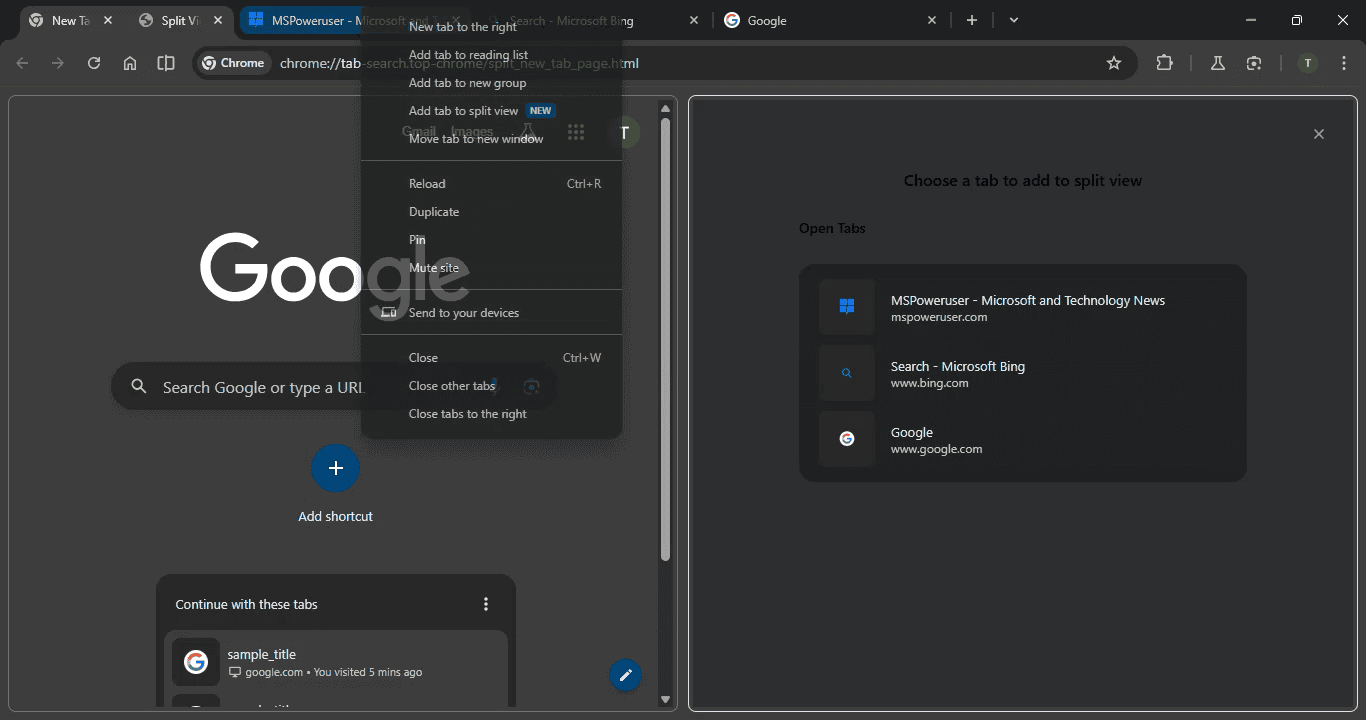

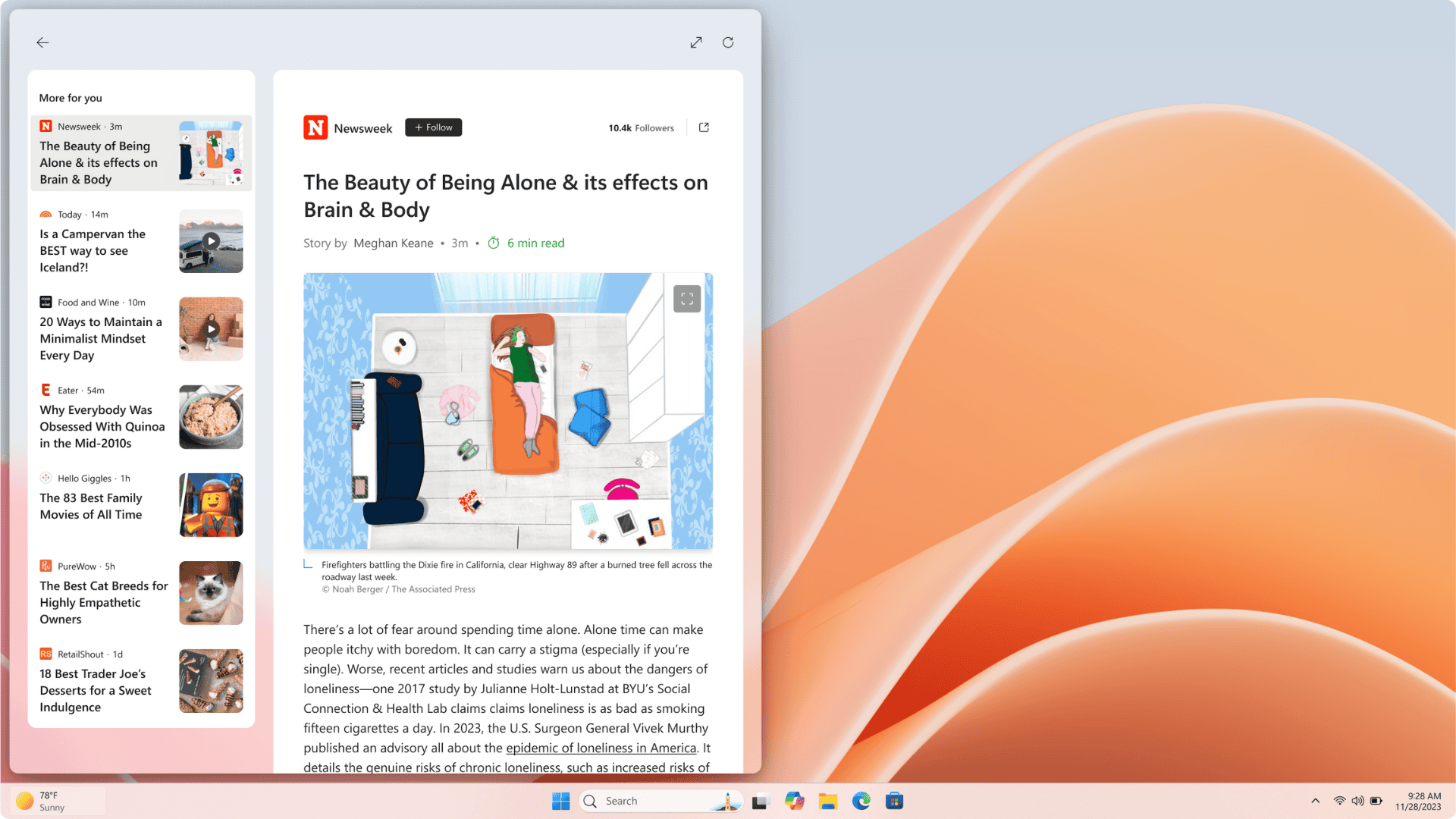
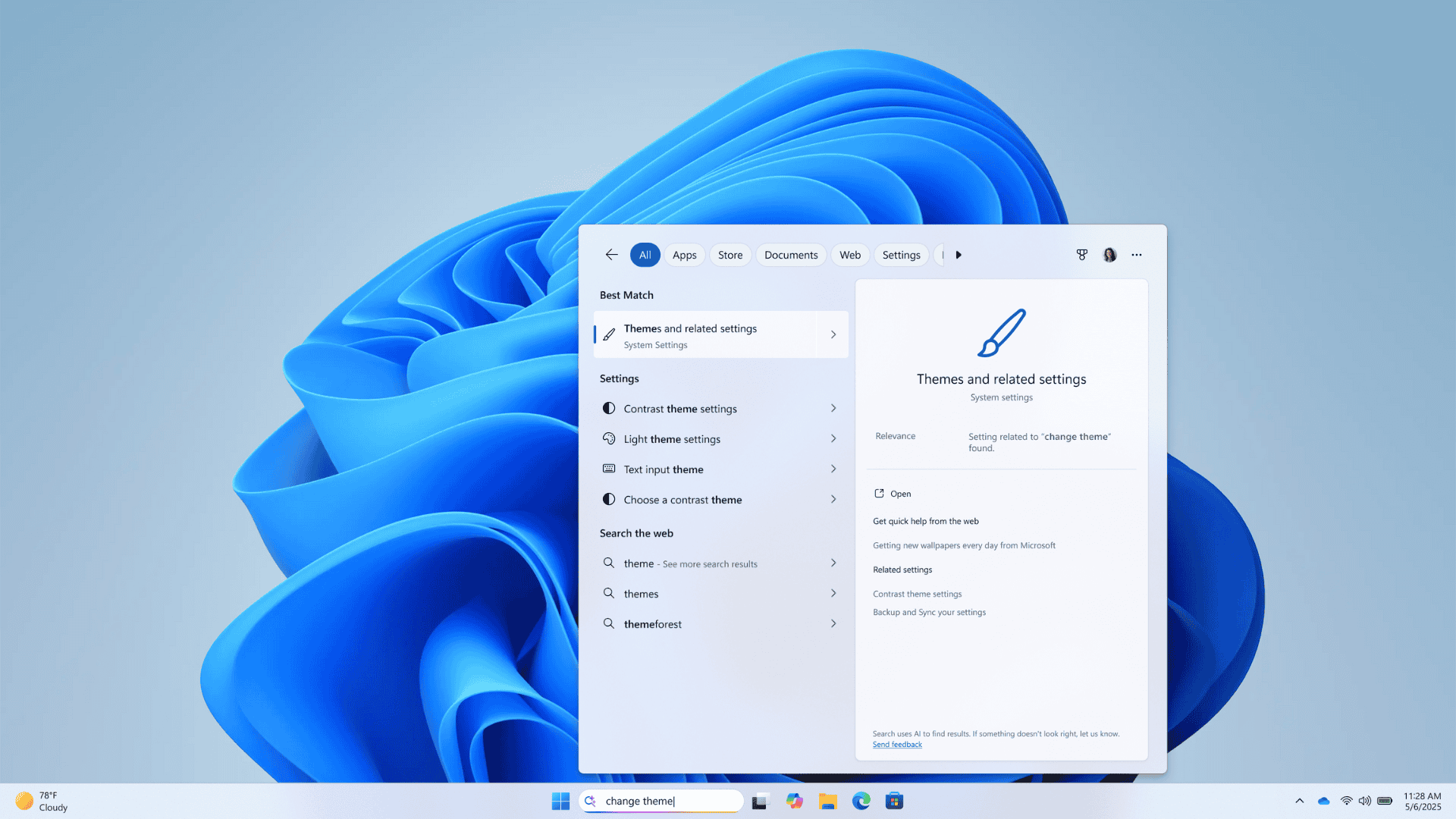

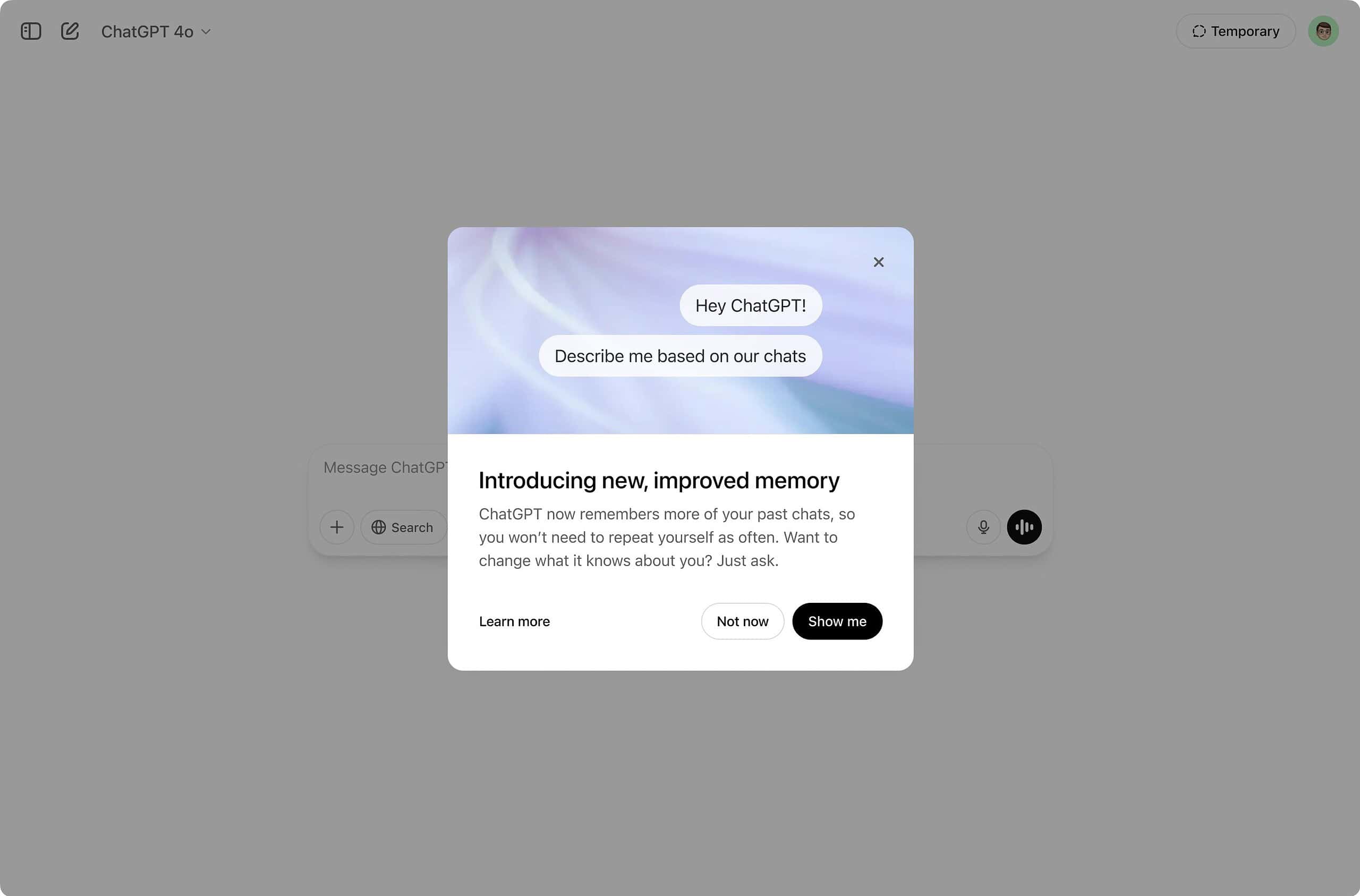
User forum
0 messages